Learn who has right of way in complex Dutch traffic situations, from unmarked junctions and roundabouts to priority roads, trams, and special lanes. This category breaks down common intersection layouts in the Netherlands and shows how signs, markings, and rules work together. It helps you avoid typical priority mistakes, answer CBR theory questions correctly, and apply the same logic calmly on real Dutch roads.
Explore clear, practical, and exam focused articles that explain everything you need to know about Dutch Priority & Interactions. Each guide helps you understand the rules, situations, and driving theory concepts tested in the Netherlands, giving you a strong foundation for confident Dutch driving theory preparation.

When a road ahead is partially blocked, who has priority? This article dives into the specific Dutch traffic rules that apply in these often tricky situations, moving beyond general priority rules. Learn to anticipate and correctly navigate obstructions, a key skill tested in the CBR theory exam, and prevent common misunderstandings that lead to failure.
Updated on Jan 9, 2026

At Dutch junctions, simply following a turn signal can lead to dangerous errors. This article delves into a crucial, often tested aspect of Dutch priority rules where observing the direction of a vehicle's wheels provides definitive insight into its actual path. Understanding this nuanced rule helps you anticipate other drivers' movements accurately, crucial for both road safety and success in your CBR theory exam.
Updated on Jan 2, 2026
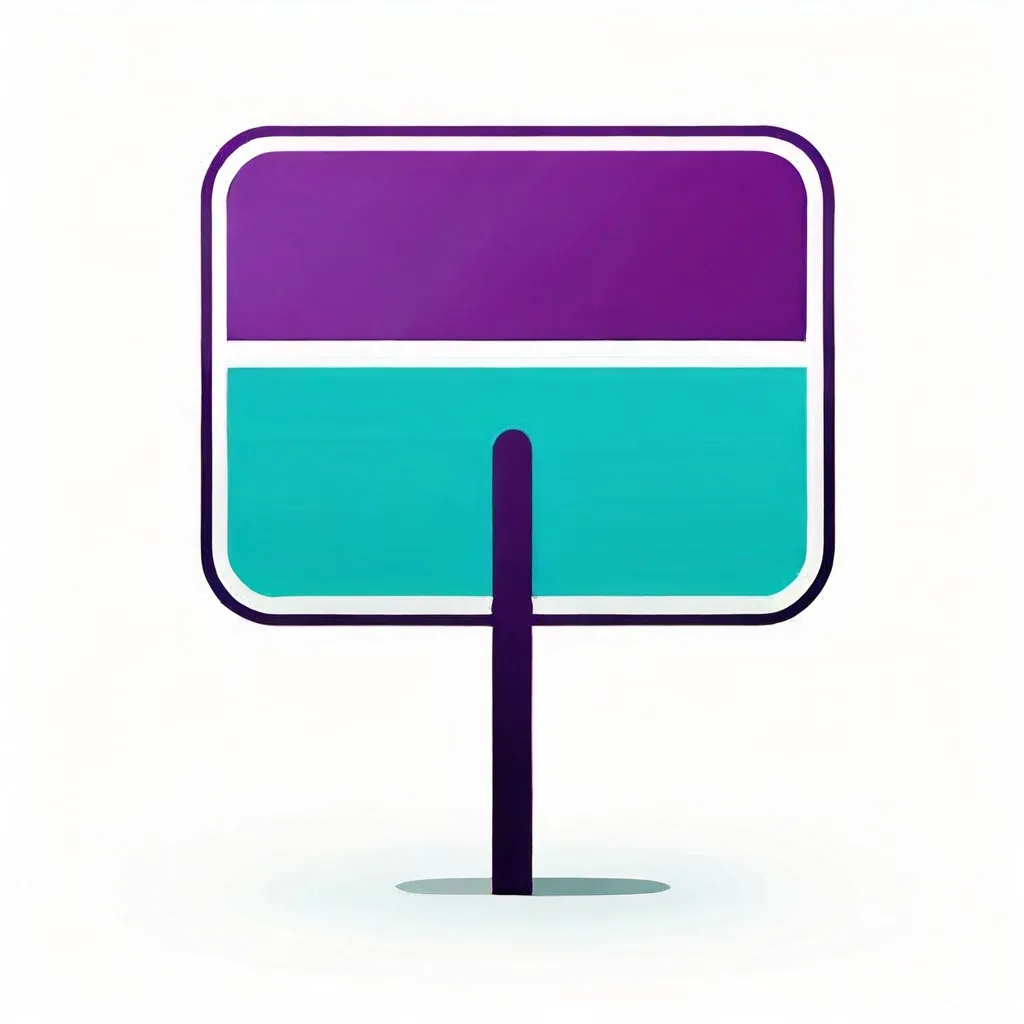
Navigate the complexities of Dutch intersections and road signs with confidence. This article breaks down the hierarchy of traffic controls, explaining when traffic lights override signs and detailing specific priority rules, including those for trams. Understanding these essential regulations is key to safe driving in the Netherlands and crucial for passing your CBR theory examination.
Updated on Dec 22, 2025
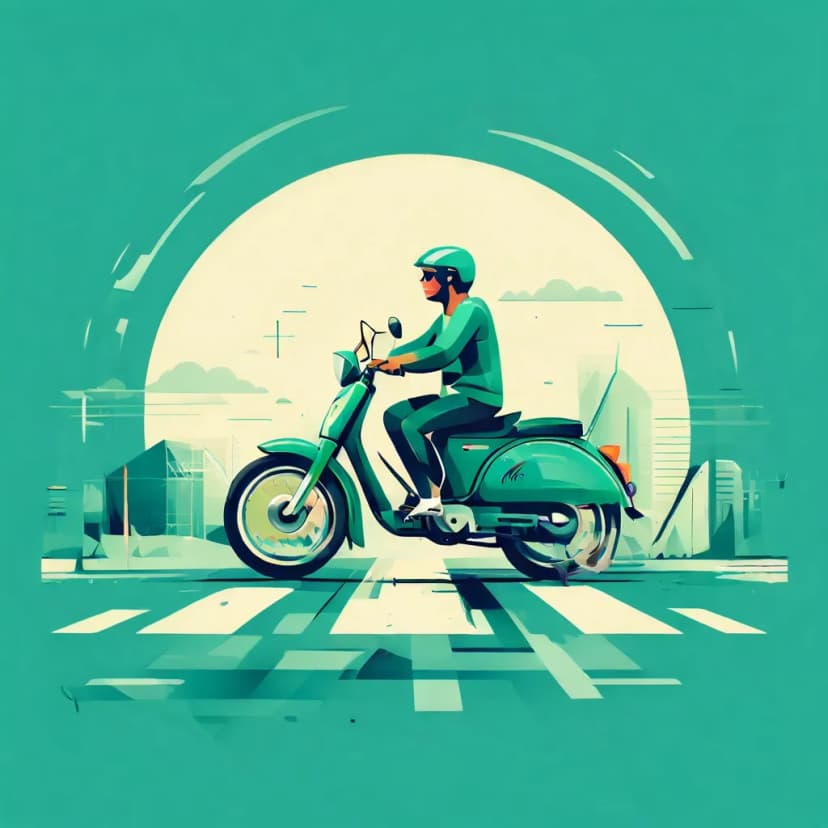
Navigating Dutch roads requires a firm grasp of priority rules, especially when encountering cyclists and moped riders, who are prevalent. This article breaks down the essential legal requirements, including the 'give way to the right' principle, priority at junctions, and specific considerations for cycle paths. Mastering these rules is vital for both safe driving and succeeding in your CBR theory test.
Updated on Dec 22, 2025

Navigating Dutch intersections and pedestrian crossings requires a firm grasp of specific priority rules, especially concerning trams, buses, and vulnerable pedestrians. This article breaks down these critical regulations as defined by the CBR, ensuring you know exactly when to yield and when you have priority. Mastering these nuances is vital for both safe driving on Dutch roads and success in your theory test.
Updated on Dec 18, 2025

Learn the essential Dutch traffic rules concerning vehicles emerging from minor roads onto a priority road. This article clarifies your legal obligation to yield, even when you technically have the right of way, and stresses the importance of anticipating unexpected actions from these vehicles. Understanding these nuances is key for safe driving and for succeeding in your CBR theory exam.
Updated on Dec 17, 2025

Learn to confidently judge safe gaps in traffic when turning, a key competency assessed in the Dutch driving theory test. This guide covers how vehicle speed, road conditions like wet surfaces, and your car's acceleration directly impact your decision-making at intersections. Understanding these factors is crucial for safe driving behaviour and for passing the CBR exam.
Updated on Dec 3, 2025
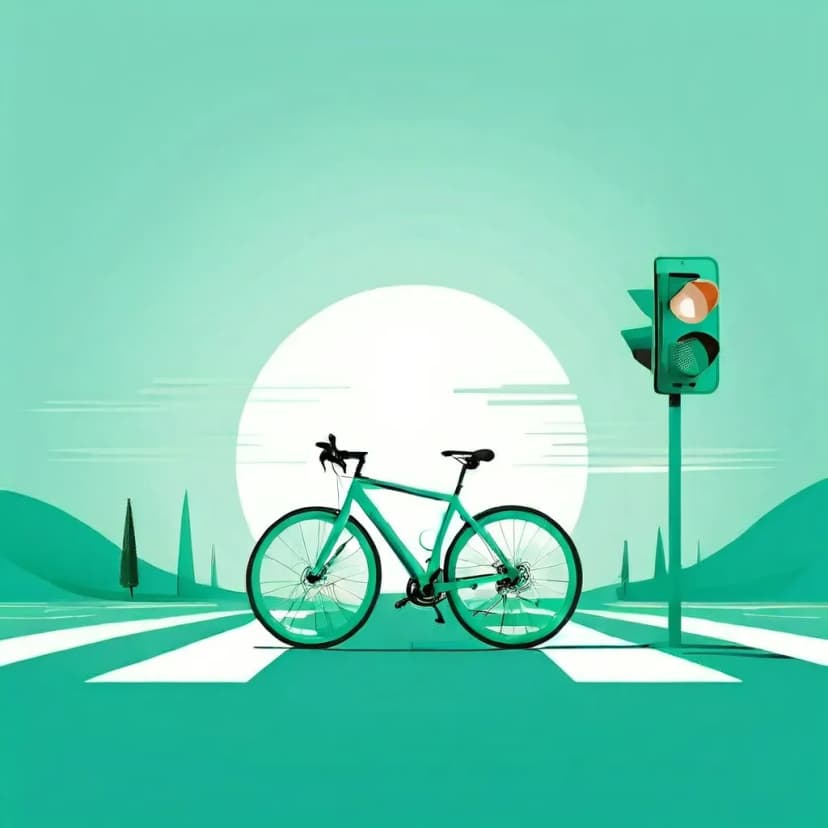
Navigating left turns at Dutch intersections requires a precise understanding of priority rules and safe gap assessment. This article breaks down how to determine when it is safe to proceed, especially when facing oncoming traffic. Mastering this skill is crucial for passing your CBR theory exam and ensuring safety on Dutch roads.
Updated on Dec 3, 2025

In the Netherlands, pedestrian priority isn't always indicated by signs. This article explains how to recognise situations where you must yield to pedestrians at intersections or unmarked crossings based on their behaviour and intent, as tested by the CBR. Mastering these subtleties is key to safe driving and exam success.
Updated on Dec 2, 2025

In the Netherlands, pedestrians often have priority even when no zebra crossing is present, a key concept tested by the CBR. This article will guide you through identifying these situations by focusing on pedestrian body language and intentions, helping you to anticipate their movements and apply the correct priority rules. Understanding these implied priority scenarios is vital for safe road behaviour and successfully passing your driving theory test.
Updated on Dec 2, 2025

The CBR theory exam frequently tests your ability to handle complex road situations involving merging traffic and interactions between different road users like cars, cyclists, and mopeds. This article breaks down the essential priority rules, including the crucial 'give way to the right' principle and the absolute priority of trams, ensuring you can make safe and correct decisions in these challenging Dutch traffic environments.
Updated on Nov 30, 2025

Learn how to confidently handle tricky situations on narrow Dutch roads, where merging, unexpected obstacles, and complex priority rules involving cyclists and other vehicles are common. This guide breaks down essential driving principles and Dutch traffic legislation, crucial for both your theory exam and safe daily driving. Understand how to apply rules like zipper merging and yielding at junctions to avoid confusion and hazards.
Updated on Nov 30, 2025

When traffic lights fail, Dutch driving rules dictate a specific order for proceeding. This article explains how a flashing amber light or a complete signal outage reverts control to general priority principles. Learn how to correctly assess right-of-way in these critical scenarios, a key area tested in the CBR theory exam to ensure road safety.
Updated on Nov 28, 2025

When traffic lights in the Netherlands are not functioning or display a flashing amber signal, standard priority rules automatically apply. This article guides you through the legal requirements and necessary precautions to navigate intersections safely and correctly determine right-of-way, a critical aspect of both safe driving and your CBR theory exam.
Updated on Nov 28, 2025

Successfully navigating unmarked intersections and understanding Dutch priority rules are vital skills for any driver. This article breaks down these complex situations, emphasizing the importance of consistent observation and anticipation to predict potential hazards. Prepare effectively for the CBR theory exam by mastering these essential aspects of traffic insight and safe driving behaviour.
Updated on Nov 28, 2025

Navigate the complexities of Dutch priority rules by understanding when to yield to buses. This explanation focuses on the mandatory yielding requirement for buses signalling their departure from a bus stop within built-up areas. Mastering this specific rule is essential for a successful CBR theory exam performance and for ensuring smooth traffic flow for public transport.
Updated on Nov 27, 2025

Learn the essential rules for navigating narrow roads in the Netherlands, including when and how to use passing places. This article clarifies priority situations, such as yielding to uphill traffic and providing space for cyclists and pedestrians, equipping you with the knowledge needed for safe driving and success in your CBR theory exam.
Updated on Nov 25, 2025

While zebra crossings clearly indicate pedestrian priority, Dutch traffic law also mandates yielding to pedestrians in other situations. This article delves into scenarios where a pedestrian is already crossing or clearly intends to cross, often indicated by their body language or context. Mastering these implicit priority rules is vital for safe driving and a successful CBR theory exam.
Updated on Nov 24, 2025
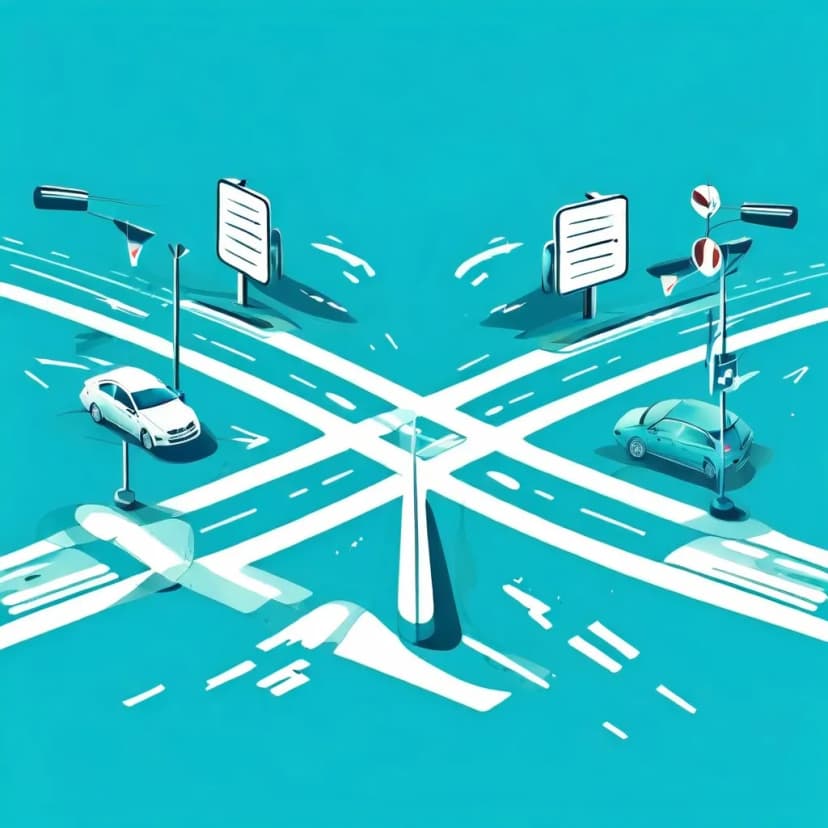
Prepare for your Dutch driving theory test by mastering the often confusing priority rules at complex intersections. This text-based guide breaks down how to interpret combined signage and unusual junction layouts, ensuring you understand who has right of way in deceptive CBR exam scenarios and real-world driving situations.
Updated on Nov 19, 2025
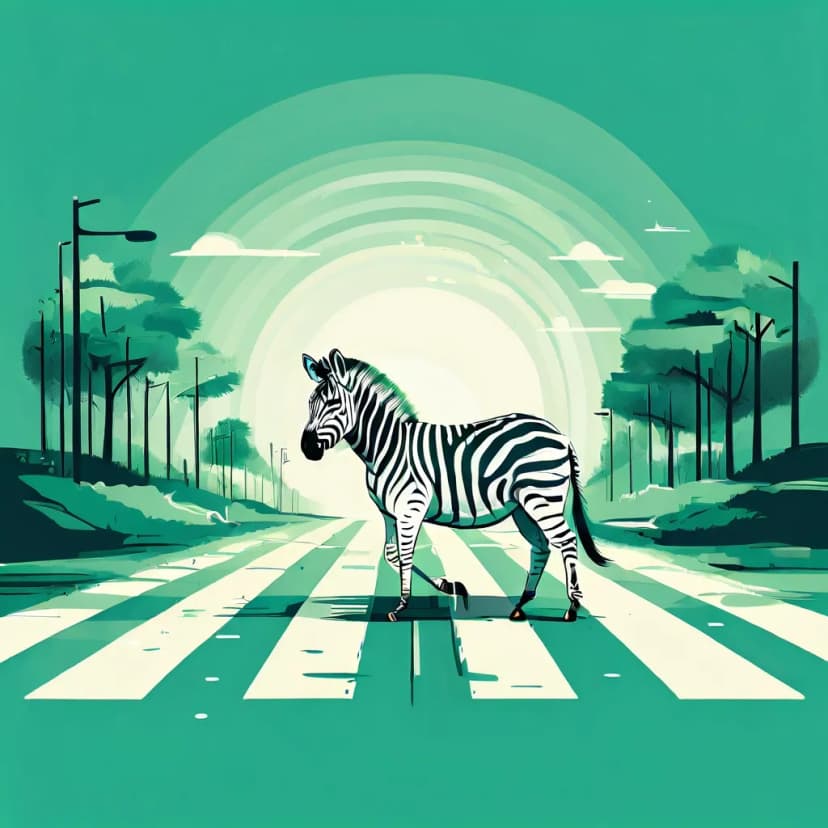
Learn the essential Dutch traffic regulations for yielding to pedestrians, covering everything from official zebra crossings to informal pedestrian areas. This knowledge is vital for demonstrating safe driving behaviour and successfully passing your CBR theory examination. We break down the nuances to ensure you know exactly when and how to yield.
Updated on Nov 14, 2025
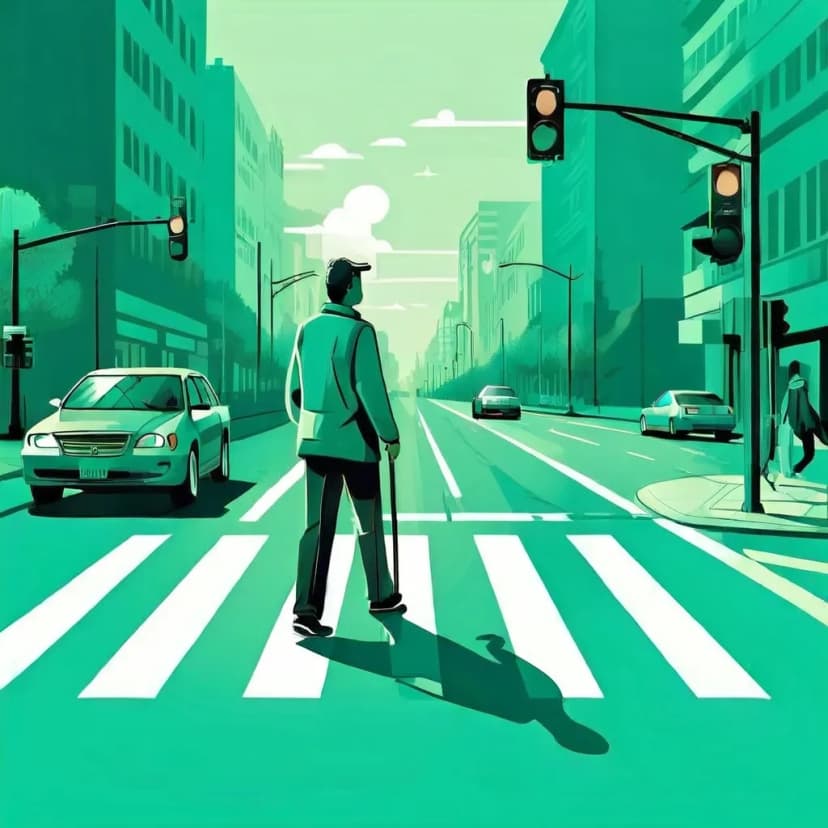
Navigating the Dutch roads requires a keen awareness of all road users, especially the more vulnerable. This article delves into the specific priority rules and behavioural expectations surrounding elderly and disabled pedestrians, a critical topic for passing your CBR theory test. Learn how to anticipate their needs and react appropriately to ensure their safety and your exam success.
Updated on Nov 14, 2025

When a road narrows or an obstruction forces you to merge, Dutch traffic law dictates specific yielding behaviour. This article explains who must give way to oncoming traffic, preventing unnecessary disruptions and potential hazards. Mastering these priority rules is essential preparation for your Dutch driving theory exam.
Updated on Nov 14, 2025
Discover other categories connected to Dutch Priority & Interactions. These sections help you explore additional topics, expand your understanding of driving theory in Dutch, and build a more complete picture of the rules and situations tested during the exam.
Find answers to common questions learners ask about Dutch Priority & Interactions. This section helps clarify difficult concepts, highlight critical exam information, and support your preparation for the Dutch driving theory exam in the Netherlands.
The general rule in the Netherlands is 'priority from the right' at unmarked intersections. However, this can be overridden by priority signs, road markings, or specific situations like roundabouts or trams.
In most Dutch roundabouts, vehicles already in the roundabout have priority. You must yield to them when entering. Be aware of specific signage or markings that might alter this rule.
'Shark teeth' markings on the road indicate that you must yield to traffic on the main road or coming from the right, even if there isn't a specific yield sign.
Trams generally have priority over other vehicles. This means you must give way to trams, especially when they are on or crossing your path. Always pay close attention to tram tracks and signals.
When turning left, you must yield to all oncoming traffic (including mopeds) and traffic coming from the right that is proceeding straight or turning right. Cyclists also need to be considered.